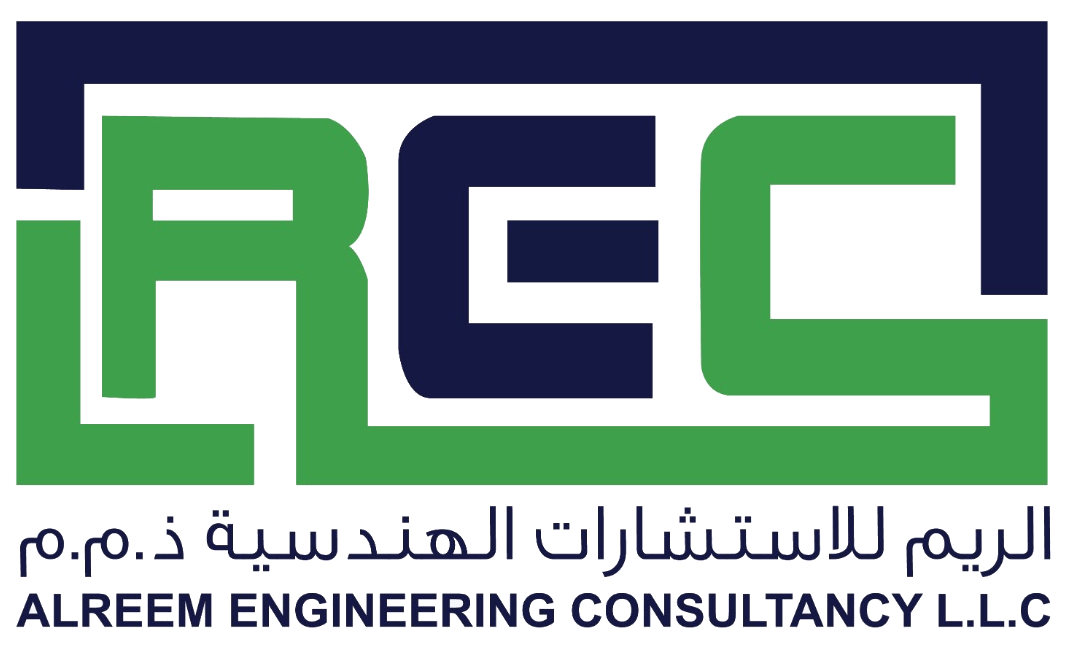The Benefits of Working with an Engineering Consultant for Your Project
Introduction
If you’re planning a new project or improving an existing one, partnering with an engineering consultant can be a game-changer. With their technical and managerial expertise, engineering consultants ensure that projects are completed with high quality, on time, and within budget. In this article, we’ll explore the key benefits of working with an engineering consultant and how they can make a difference in your project’s success.
What Does an Engineering Consultant Do?
Definition of an Engineering Consultant
An engineering consultant is a specialized professional who provides innovative solutions and technical and managerial advice for projects. Their role includes planning, designing, supervising, and coordinating between all stakeholders to ensure the project is executed effectively.
Key Responsibilities of an Engineering Consultant
- Preparing feasibility studies and cost assessments.
- Developing work plans and schedules.
- Designing technical solutions that meet project requirements and budgets.
- Supervising execution and ensuring adherence to standards.
Benefits of Working with an Engineering Consultant
1. Improved Planning and Organization
An engineering consultant helps you create a comprehensive project plan that includes detailed budgets, timelines, and required resources. This meticulous planning ensures smooth workflow without delays.
2. Saving Time and Money
Thanks to their expertise, consultants identify cost-effective alternatives for materials and processes, reducing expenses while enhancing execution efficiency.
3. Achieving the Highest Quality Standards
By overseeing the project, the consultant ensures compliance with global quality standards, preventing costly mistakes and safeguarding your project’s reputation.
4. Risk Reduction and Enhanced Safety
Consultants identify potential risks in early stages and develop strategies to mitigate them, reducing chances of failure or accidents.
5. Streamlined Communication Between Stakeholders
The consultant acts as a coordinator between contractors, suppliers, and other parties, promoting harmony and avoiding conflicts.
How to Choose the Right Engineering Consultant
1. Experience and Competence
Look for a consultant with a proven track record of successful projects similar to yours.
2. Reputation and Recommendations
Read client reviews and ask for referrals from trusted sources.
3. Flexibility and Communication Skills
Ensure the consultant can work adaptively and communicate effectively with all stakeholders.
4. Adherence to Budget and Timeline
Discuss budget and timeline in detail, ensuring clear agreements before starting.
Real-Life Examples of Collaborating with an Engineering Consultant
Infrastructure Projects
Consultants contribute to designing roads and bridges while ensuring safety and sustainability standards.
Residential Projects
They provide innovative solutions for designing and constructing housing complexes tailored to client needs.
Industrial Projects
Consultants enhance factory efficiency and productivity through advanced designs and technologies.
FAQs
1. What is the cost of hiring an engineering consultant?
Costs vary based on the size and complexity of the project, but it’s a long-term investment that saves money and time.
2. Can projects be executed without an engineering consultant?
It’s possible, but you may face significant challenges such as increased costs and delayed delivery.
3. How does a consultant improve project quality?
They provide specialized solutions and ensure compliance with global standards, enhancing execution quality.
4. Can an engineering consultant work remotely?
Yes, with modern technology, projects can be managed and monitored remotely with high efficiency.
5. What’s the difference between a consultant and a contractor?
The consultant provides advice and designs, while the contractor handles the physical execution of the project.





لا تعليق